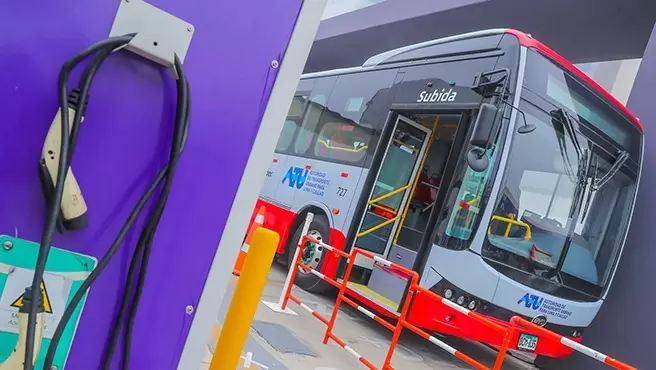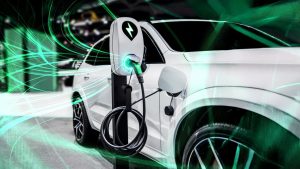
Peru Unveils Strategies to Boost Electromobility in APEC Economies

With the goal of fostering sustainable and safe transportation systems, Peru’s Ministry of Transport and Communications (MTC) has launched the study “Strategies to Promote Sustainable and Safe Mobility through Electromobility in APEC Economies”, during an event held at the Touring and Automobile Club of Peru.
Funded by the Asia-Pacific Economic Cooperation (APEC) forum and developed by the MTC’s Directorate of Road Transport Policies and Standards, the study offers technical recommendations and international best practices for the progressive implementation of electromobility in public transport.
Capacity building and global best practices
The initiative aims to strengthen technical capacities across public and private sectors, while encouraging the exchange of experiences between developed and developing economies still transitioning toward clean mobility.
The study provides a comparative analysis of global strategies and suggests adaptable frameworks tailored to local realities, with a strong focus on energy efficiency, sustainability, and emission reduction.
In this context, Peru has shown steady growth in electric vehicle adoption. According to MTC data, 6602 electrified vehicles were sold in 2024—an increase of 47.23% compared to the previous year.
User preferences and infrastructure challenges
Of the total sales, 46% were mild hybrids, 43% conventional hybrids, 7% fully electric vehicles, and 4% plug-in hybrids. These numbers highlight a gradual shift towards full electromobility in the country.
One of the key challenges outlined in the study is the need for a robust electric charging infrastructure that can support widespread adoption.
Expanding charging networks will be essential to accelerate the transformation of urban transport systems across APEC economies.





